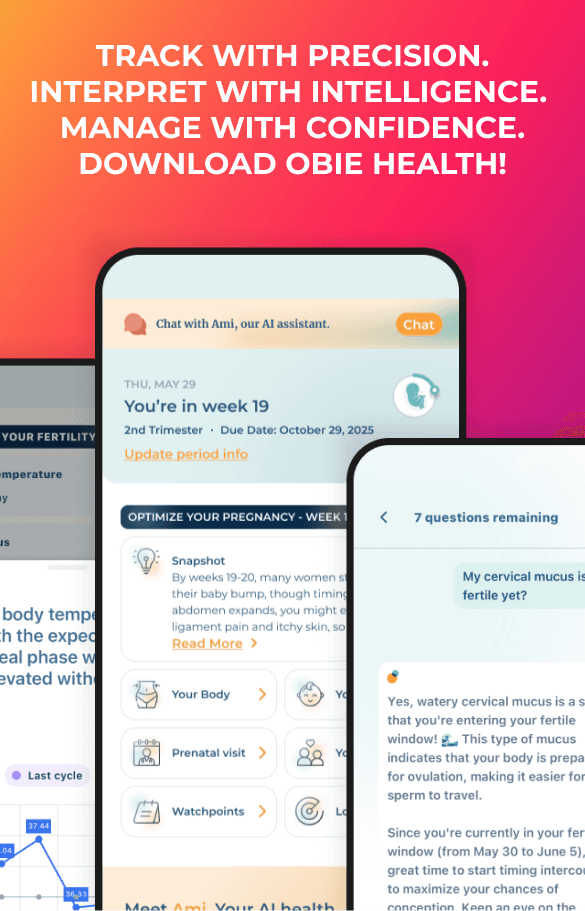Bipolar Disorder Risk and Postpartum Problems
Postpartum
Obie Editorial Team
According to health statistics data, an average of 6 to 12 percent of women who give birth experience the symptoms of postpartum depression or postpartum blues. Postpartum depression or baby blues is considered a common occurrence that many women suffer from after birth, but that doesn’t mean women shouldn’t seek care to treat the condition.
When baby blues are not managed as soon as possible – postpartum psychosis or other psychiatric problems may result. A study that was published in the Journal of the American Medical Association (JAMA) shows an increased chance of developing bipolar disorder, an affective psychiatric problem, when a woman manifests a psychiatric problem within the first 30 days after delivery.
The authors of the study published in the Archives of General Psychiatry, mentioned about the significant influence of the woman’s delivery and psychiatric episodes with the beginning and prognosis of the mentioned affective disorder. It has been noted that most of the attacks among bipolar patients occur at a time when they have to deal with significant maturational or life event changes. In this case, childbirth is indeed a time of drastic change not just physically but psychosocially as well.
The research also sheds light on how a certain number of women were limited to a diagnosis of postpartum psychiatric episodes when in fact they were manifesting signs similar to bipolar disorder.
A research study was conducted by Dr. Trine Munk-Olsen and her colleagues at the Arhus University in Denmark to assess the risk of bipolar disorder postpartum. The team decided to review records and documents for more than 120,000 Danish women who were born between the years 1950 and 1991, and were still alive in the year 2006. They also included in the criteria whether these women had a history of any type of psychiatric issue and whether they have been treated as with a hospital admission or outpatient management. People who were diagnosed with bipolar disorder were excluded from the study.
Follow up was done individually from the day of discharge, and data was collected during this period. The results show that more than 2.5 % percent of the women sought psychiatric help after a year of delivering their first child. Data within the follow up period also showed that an approximate 3,062 women from the pool of 120,000 was diagnosed with the affective disorder, and from these women, about 132 of them visited their psychiatrist within a year of giving birth.
Additional data has further shown that about 13.87 percent of the women, who had psychiatric issues within the first 30 days after delivery of a child, already had full blown bipolar disorder.
The data analysis was extended up to 22 years and it showed that the conversion rate to bipolar disorder among these women was 18.98 percent for those whose onset of psychiatric issues was within the first 30 days, 6.51 percent for those within a span of 31 days to 365 days after delivery, and 5.43 percent with those whose onset was at some other point in time.
The researchers have concluded that the rates of conversion to bipolar disorder can be predicted by the time or onset of the first psychiatric consult; with the pattern of earlier psychiatric contact such as within the first month after delivery being associated with a higher risk of converting to bipolar disorder.
Source: Archives of General Psychiatry. 5 December, 2011.









